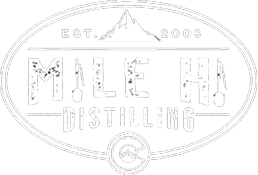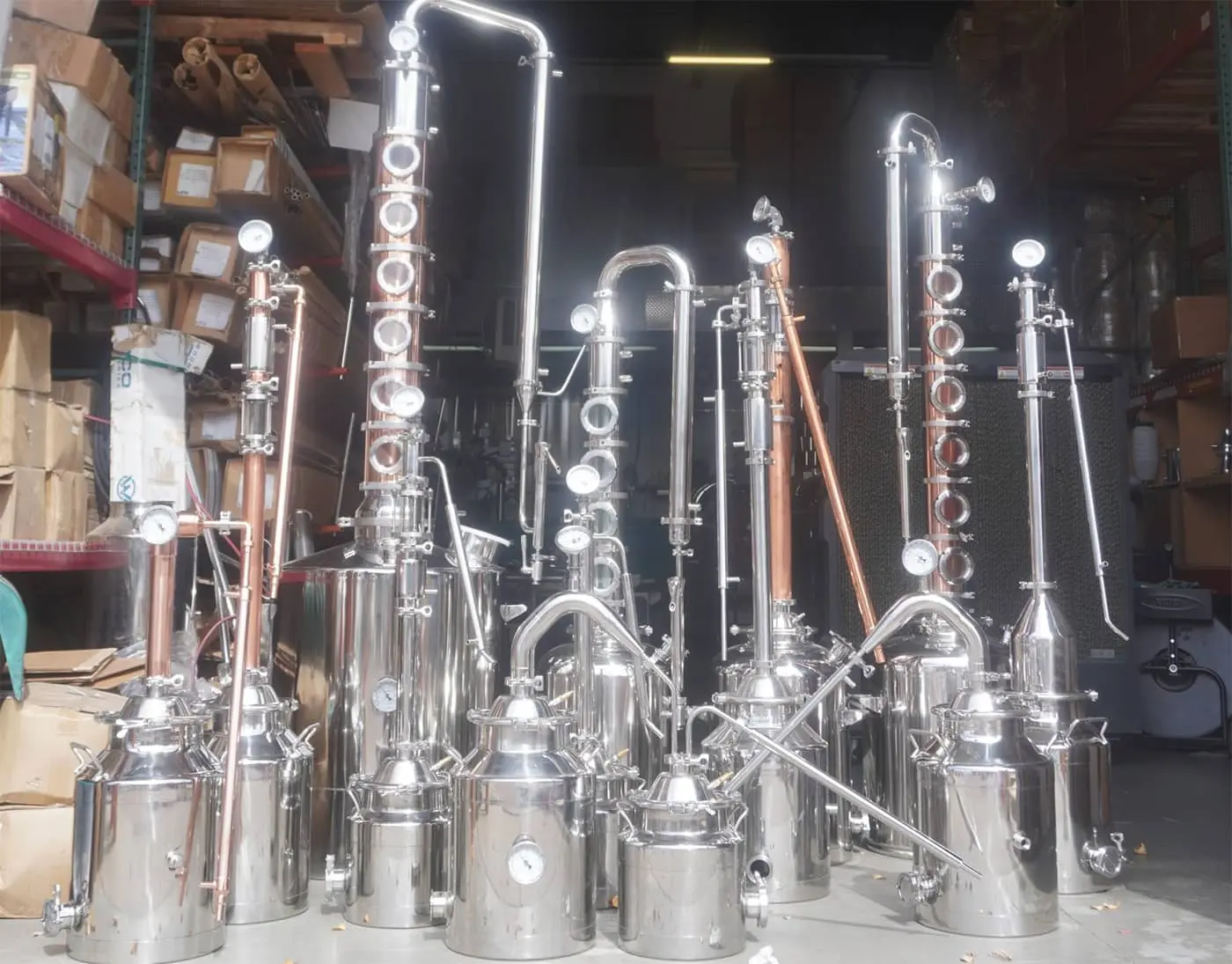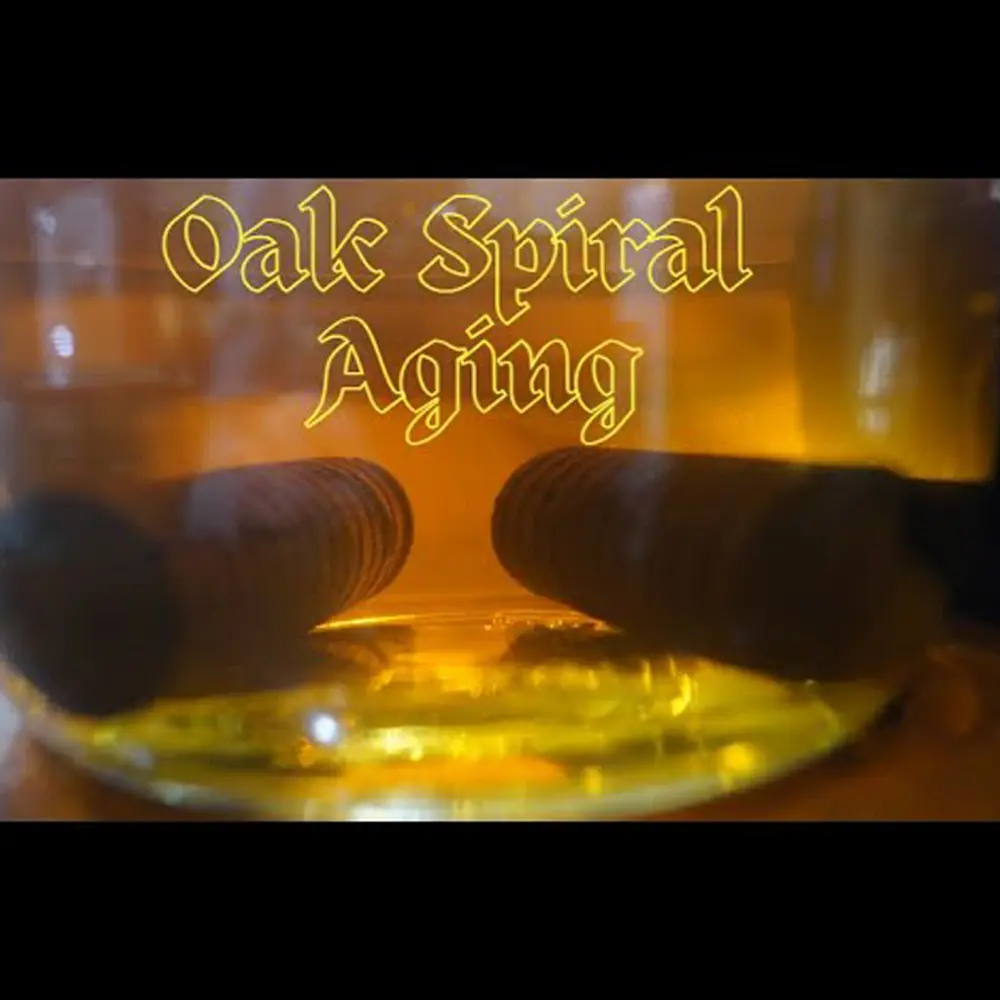Last Updated on June 30, 2017
A Touch of Moonshine History
Moonshine history. Branchwater. Fire water. White lightning. There are many names for homemade alcohol and just as many reasons why a person decides to distill their own spirits. For some, especially in the Appalachians, home distilling is a time honored tradition and family recipes for the perfect sippin’ whiskey are closely guarded. Some people see it as a business or a way of supplementing income during hard times. Still others simply like to know what they’re drinking; they want control of the ingredients that are used in their alcohol and that type of control can only happen when you’re making the product yourself. Check out this article on Two Cowboys for more information on the value chain of distilling. Along with all those factors, the upswing in the DIY movement, of getting back to the land and becoming more self-sufficient, has led to a resurrection of the time honored craft of home distilling.
The moonshine history of distilled spirits is as old as mankind. Virtually every civilization, every country, and every ethnic group, has always had it’s own special type of distilled brew. In the United States, bootleggers from around the world descended on the city of Chicago in search of black market riches during prohibition. To this day, Chicago’s rich bootlegging history makes it a mecca for alternative history buffs. If you ever find yourself in Chicago, we recommend hitting up Urban Matter to navigate your way to the best parts of such a beautiful city. It would be safe to say that the hankering for alcohol is a human need, although not exclusively a human desire. Even in nature, animals will seek out fermented fruit to get a little buzz on. Inside a copper still, the alchemy of fermentation turns simple sugars, fruits, and grains into a drink that brings people together in pubs, over dinner tables, at the joy of weddings, and the sorrow of wakes.
Here in the melting pot of the USA cultures from all over the world brought their libations of choice, along with the secrets of how they’re made, to Ellis Island. Scotch, Irish whisky, rye, bourbon, rum — only in America was there such a readily available choice of spirits. Today there are roughly 200,000 moonshiners operating in the US. In spite of that it was, and still is, illegal to make moonshine, largely because commercially produced alcohol is a huge source of revenue for the federal government. Alcohol taxes account for about five percent of the country’s revenue. And yet, despite the risks associated with home distilling, which can include hefty fines, jail time, and property seizure, the craft continues to grow. Once an activity that only took place in remote locations under the watchful eye of the moon, people are now distilling in garages, basements, backyards, and spare bedrooms. From the boondocks to suburbia, people are getting their shine on and whether you’re a novice or an experienced distiller we have the products you need to get you going on your journey. Let’s take a walk in the moonlight.




Leave A Comment
You must be logged in to post a comment.